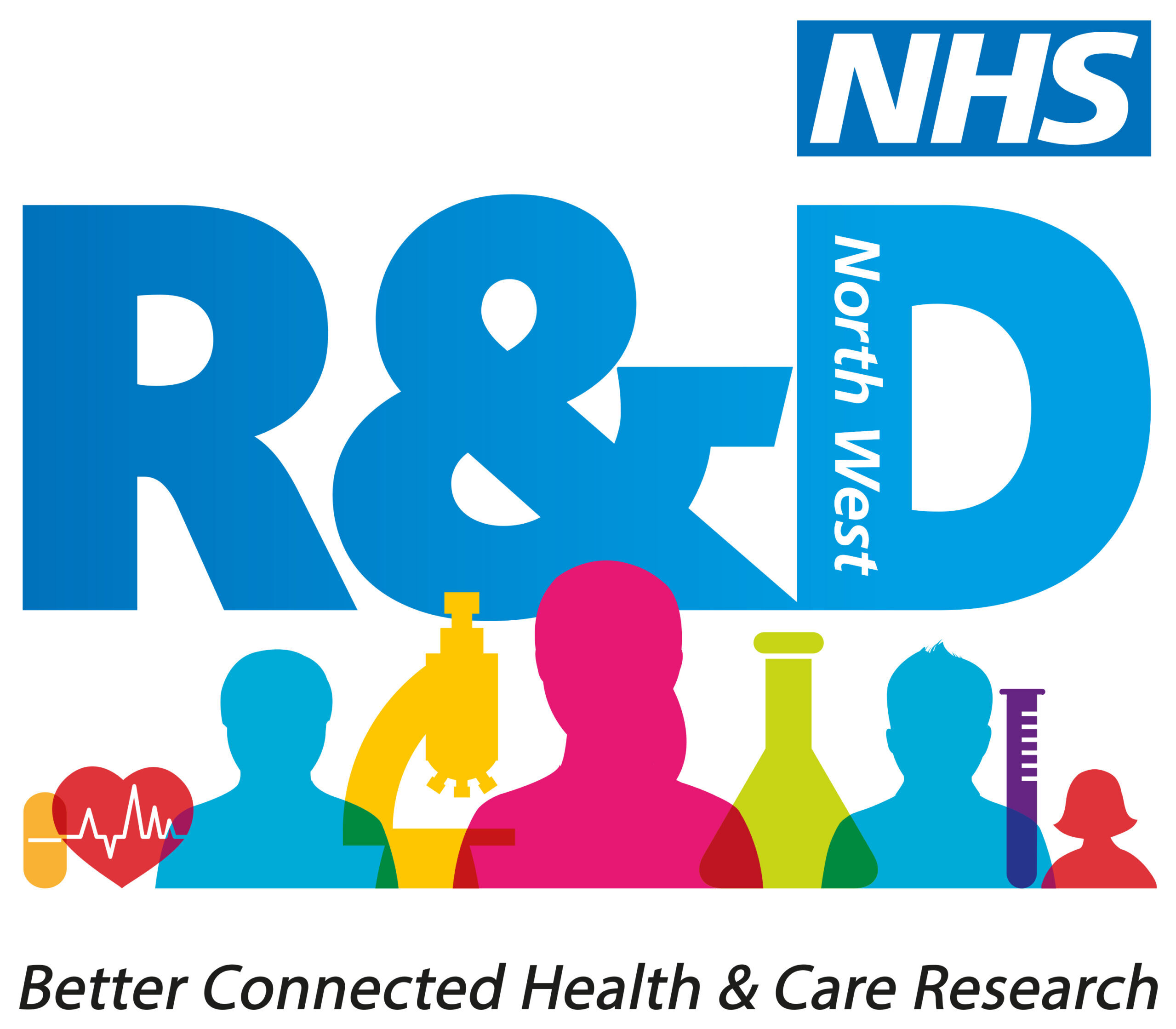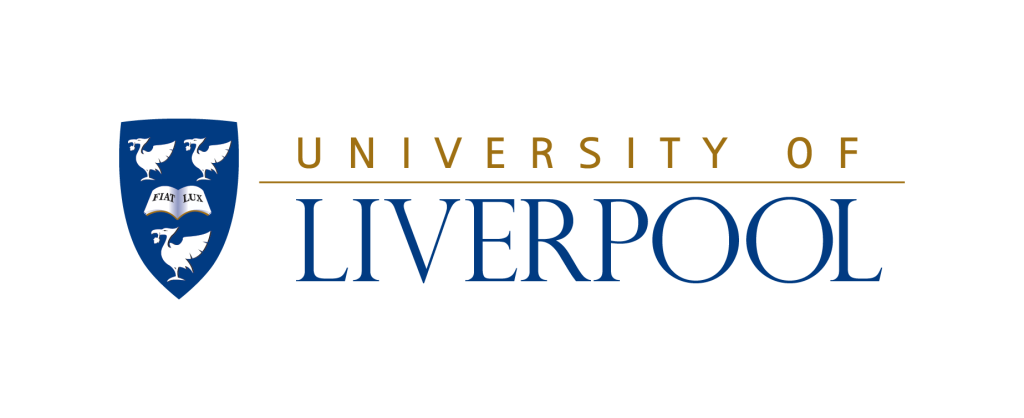Provocations Seminar Series
NHS R&D North West, in collaboration with the Faculty of Humanities and Social Sciences at the University of Liverpool, presents a dynamic series of 3-hour online seminars, centered on thought-provoking themes. These seminars are designed to connect early-career researchers in NHS NW R&D with the world of medical humanities and social sciences, fostering cross-disciplinary collaboration and fresh perspectives on non-clinical aspects of medical practice. The topics explored challenge conventional thinking and have the potential to shape the future of NHS practice and research. These seminars draw inspiration from a decade of experience in the Catalyst Program, adapting their democratic and highly participative approach for online engagement. Join us for engaging conversations and collaborative knowledge exchange that can make a real impact.
Visit our archive to view more info about the story of the Provocations Series.
Upcoming events
Get ready to mark your calendars! We’re excited to announce our upcoming events in January 2024. Stay tuned for more details and prepare for an engaging and enriching experience.

